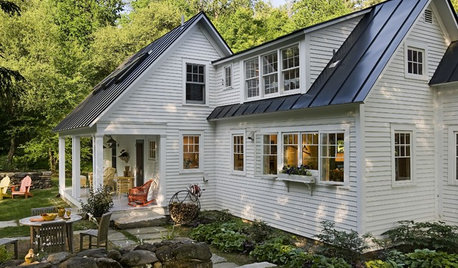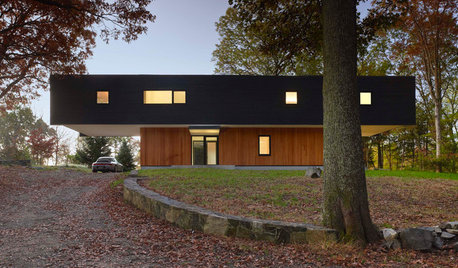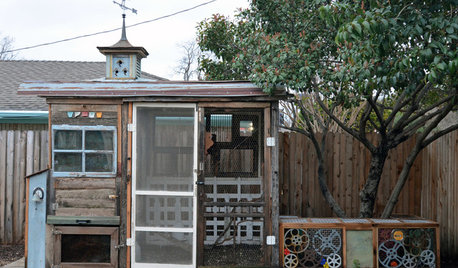Do you think organic and cultural practices would affect it much
rcnaylor
14 years ago
Related Stories

DECORATING GUIDESCalifornia Law: License to Practice Interior Design?
A proposed bill that would require a license to practice interior design in California has Houzzers talking. Where do you stand?
Full Story
ARCHITECTUREDesign Practice: Getting Paid
Pro to pro: Learn how to manage contracts and set up the right fee structure for your work
Full Story
DESIGN PRACTICEContracting Practice: Marketing Your Business
To keep those projects rolling in, combine old-school techniques with the latest in high-tech networking
Full Story
THE ART OF ARCHITECTUREDesign Practice: 11 Ways Architects Can Overcome Creative Blocks
When inspiration remains elusive, consider these strategies for finding your creative muse
Full Story
ARCHITECTUREDesign Practice: How to Get Hired
Pro to pro: Strategies for winning a client’s trust and getting work that supports your brand
Full Story
DECORATING GUIDESFun Kitchen Helper: The Classic, Practical Chalkboard
What's black and white and read all over kitchen walls, cabinets and even chairs? Chalkboard — and it comes in colors too
Full Story
HOUZZ TOURSHouzz Tour: Cultural Adventure in Newfoundland
Lovingly renovated coastal cottages enhance a trip of a lifetime
Full Story
OUTBUILDINGSQuirky Meets Practical in a Dallas Chicken Coop
These hens have a stylish backyard coop built from recycled materials
Full Story
LIFEWhen Decorating Styles Collide: Practical Ways to Merge Tastes
You moon over modern but he's taken with traditional? Here's how to get an interior design you'll both agree is stunning
Full Story
KIDS’ SPACES5 Steps to a Fun and Practical Kids’ Bedroom
There’s no need to overcomplicate decorating your little one’s bedroom — here’s a simple guide
Full Story





Kimmsr
rcnaylorOriginal Author
Related Professionals
Norton Shores Landscape Architects & Landscape Designers · Fuquay-Varina Landscape Contractors · Madera Landscape Contractors · Mendota Heights Landscape Contractors · Porterville Landscape Contractors · Rockwall Landscape Contractors · Soddy Daisy Landscape Contractors · Clearfield Landscape Contractors · Chicago Driveway Installation & Maintenance · Mission Viejo Driveway Installation & Maintenance · Harvey Swimming Pool Builders · Columbia Fence Contractors · Eastvale Fence Contractors · Hinsdale Fence Contractors · Orlando Fence Contractorsbpgreen
stan6
rcnaylorOriginal Author
rcnaylorOriginal Author
rcnaylorOriginal Author
rcnaylorOriginal Author
stan6
rcnaylorOriginal Author
rcnaylorOriginal Author